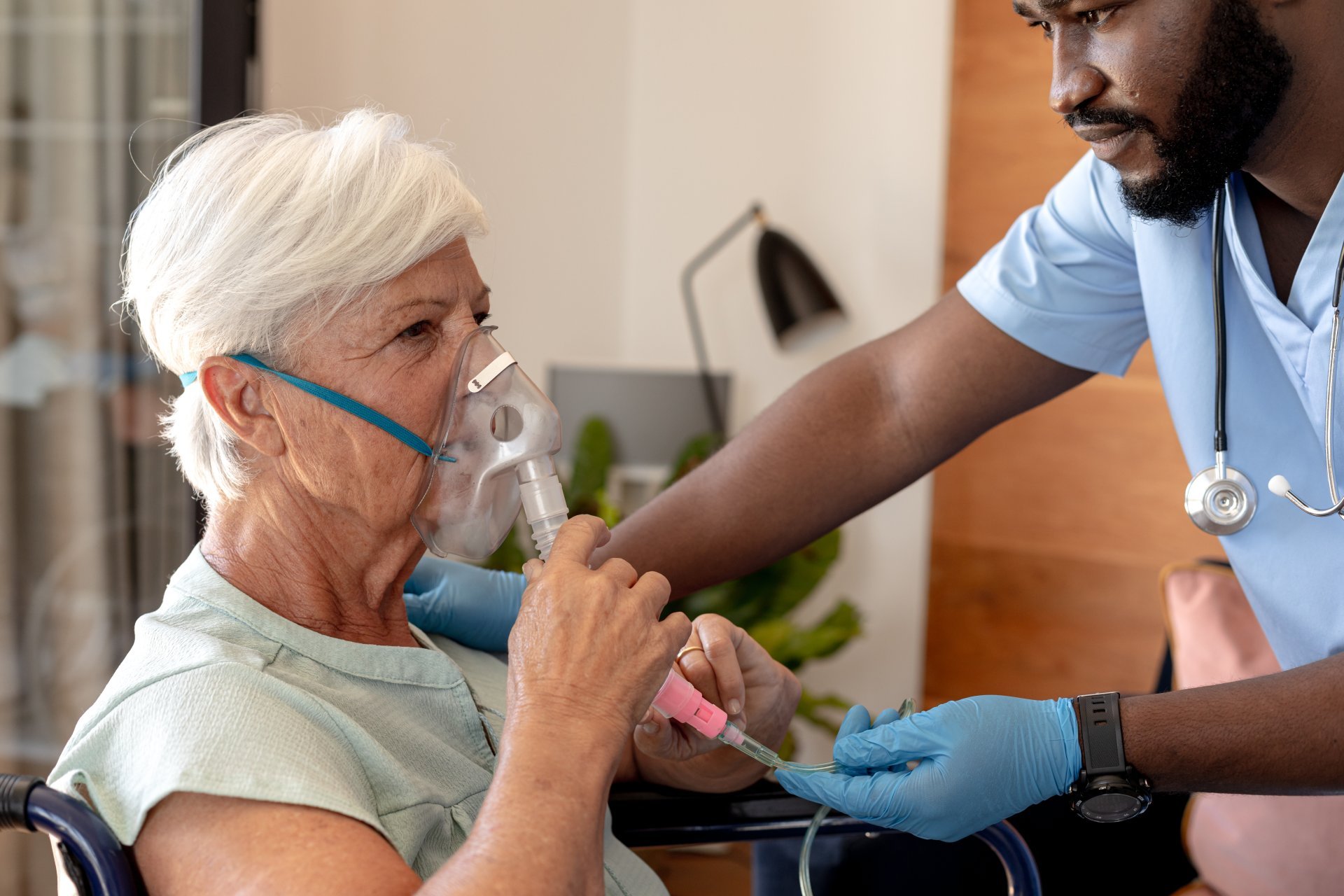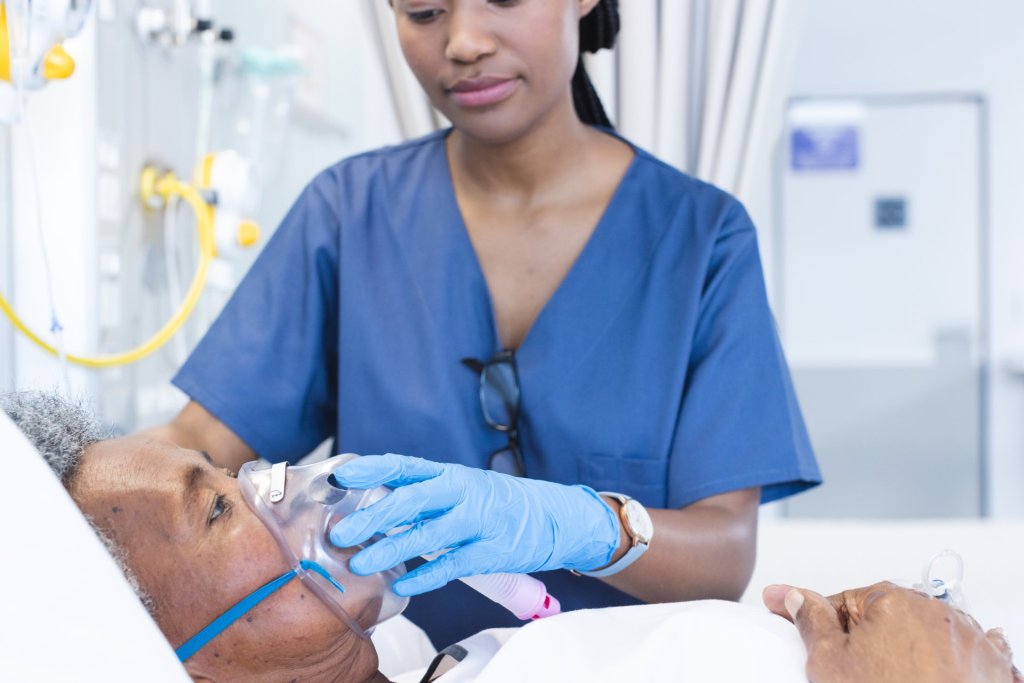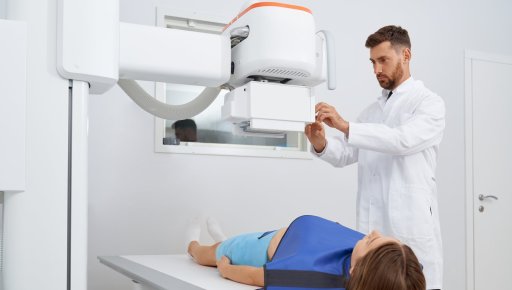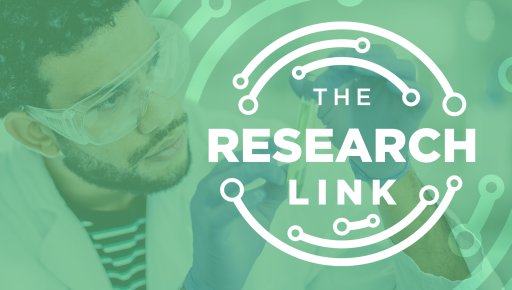A Respiratory Therapist is an allied healthcare professional specializing in the treatment and care of patients of all ages with respiratory issues and breathing disorders. Working under the direction of a doctor, a Respiratory Therapist assesses, diagnoses, and treats conditions that affect the respiratory system. Their responsibilities encompass a wide range of tasks, from evaluating patients with breathing difficulties to developing and implementing treatment plans.
Respiratory Therapists are trained to work in diverse healthcare settings, including hospitals, clinics, and home care. They collaborate closely with other members of a healthcare team to ensure comprehensive patient care. This profession demands a deep understanding of respiratory physiology, anatomy, and various therapeutic interventions.
Read on to learn more about the day-to-day work of a Respiratory Therapist, the education and certification required to become one, and how Prolink can help you secure a Respiratory Therapist job.
Key responsibilities of a Respiratory Therapist
Respiratory Therapists undertake a range of critical responsibilities aimed at promoting and maintaining optimal respiratory health in patients. Here's an overview of their key duties:
- Patient Evaluation. Respiratory Therapists conduct thorough evaluations to understand the source of a patient’s breathing difficulties. They take into account a patient’s medical history, physical examination, and diagnostic tests.
- Treatment Planning. Based on their assessments, Respiratory Therapists determine the appropriate treatment options and therapies for each patient.
- Ventilation Management. Respiratory Therapists are experts in operating and managing mechanical ventilation for patients who can’t breathe normally on their own. They set up and adjust the necessary equipment, and make the appropriate adjustments based on patient response.
- Diagnostic Testing. Respiratory Therapists perform and interpret a variety of diagnostic tests, like pulmonary function tests, to assess lung function and determine the appropriate interventions.
- Patient Education. A patient receiving respiratory care will receive information on their condition, treatment options, and self-management strategies from their Respiratory Therapist.
 How to become a Respiratory Therapist
How to become a Respiratory Therapist
Becoming a Respiratory Therapist involves a combination of education and certification. Here's a breakdown of the essential requirements:
Educational pathways
- Associate degree. The most common route to becoming a Respiratory Therapist is through completing an associate degree in respiratory therapy. These programs typically take around two years to complete and cover fundamental topics in respiratory care.
- Bachelor's degree. Some individuals opt for a more extensive education by pursuing a bachelor's degree in respiratory therapy. These programs, lasting approximately four years, provide a more in-depth understanding of respiratory care principles. It’s important to note that employers may prefer candidates with a four-year bachelor’s degree.
When choosing a Respiratory Therapy program, it’s crucial to select one that has the proper accreditation. Accreditation ensures that the educational curriculum meets industry standards and prepares students adequately for the challenges of the profession. Look for programs accredited by bodies such as the Commission on Accreditation for Respiratory Care (CoARC).
Licensing exams
Upon completing an educational program, Respiratory Therapists must pass the National Board for Respiratory Care (NBRC) exams to achieve their Certified Respiratory Therapist (CRT) and/or Registered Respiratory Therapist (RRT) credentials. These exams are considered some of the most difficult to pass among all allied health fields, with an average pass rate of 61%.
There are two NBRC exams:
- Therapist Multiple Choice (TMC) Examination: a written exam that assesses knowledge and skills and determines eligibility for the Clinical Simulation Examination (CSE). Passing this exam earns a therapist the CRT credential.
- Clinical Simulation Examination (CSE): a practical exam that simulates a real-life clinical situation. Passing this exam earns a therapist the RRT credential.
After passing the TMC exam, some experience as a CRT is required before a therapist can apply for the CSE and earn their RRT credential.
RRT vs. CRT: What’s the difference?
A Registered Respiratory Therapist (RRT) is a higher level of certification than a Certified Respiratory Therapist (CRT). Typically, RRTs have more advanced and independent responsibilities than CRTs, taking on decision-making roles and more in-depth patient assessment. A CRT, on the other hand, primarily focuses on the application of the care plan, administering treatments and monitoring patients as needed.
RRTs often choose to complete a higher level of education than CRTs to further their knowledge of the field. Although only an associate degree is required to become a Respiratory Therapist, many RRTs pursue a bachelor’s degree.
State licensing
In addition to national exams, Respiratory Therapists must adhere to state-specific licensing requirements. Each state may have variations in licensing processes, so it's crucial to familiarize oneself with the regulations of the state where one intends to practice.
Looking to become a local or travel respiratory therapist? Prolink can help you achieve the necessary licensure for the allied health career you’re looking for. Talk to your Prolink recruiter for help navigating the certification and onboarding process.
Find your next Respiratory Therapist job with Prolink
Prolink’s team of dedicated recruiters can help you kickstart a rewarding career as a Respiratory Therapist or in another allied health field. Prolink can use your location and specialty to find you the best local or travel allied health jobs in your field. Search allied health jobs through Prolink now to get started.








